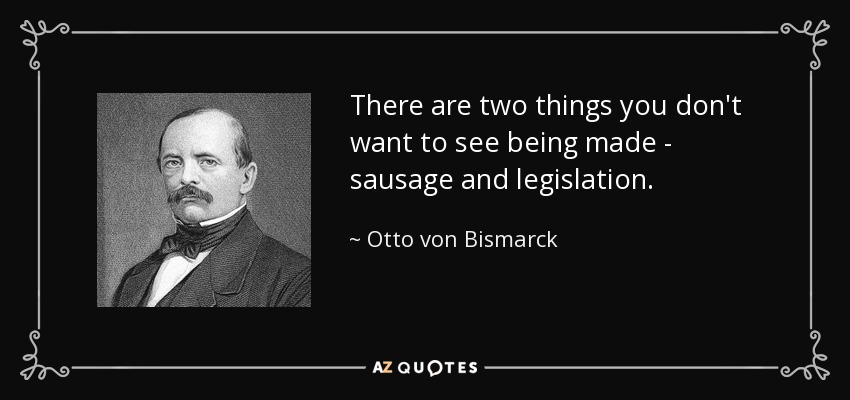- The Startup Breakdown
- Posts
- Sama joins the army🪖
Sama joins the army🪖
OpenAI's bold ventures into military tech and educational overhaul, driven by profit and progress

This is The Startup Breakdown, the newsletter where we learn, laugh, and love startups. By joining this growing community of hundreds of future startup aficionados (think i spelled that right?), you're getting a beachside view of the ocean that is the startup and VC scene. This ain’t your grandpa’s newsletter, so prepare yourself for an inbox full of 4/20 jokes and Succession references.
If you'd like to receive these newsletters directly in your inbox once a week, hit subscribe and never miss an email!
Love what you're reading? Craving even more startup goodness, in-depth news analysis, and maybe some extra memes? Click below to upgrade to our premium edition and become the startup guru you were born to be.

Happy Wednesday, folks.
I am revamping the referral program. 🪖
You’ll get free resources and/or merch for getting everyone of your LinkedIn connections to subscribe.
Start reaching out to those people you haven’t talked to in a while so it doesn’t come off as ingenuine when you say “hey how have you been?” then ask them to subscribe to a newsletter so you can get free stuff.

OpenAI Signs Two Dramatically Different, Similarly Interesting Partnerships
Sama can multitask.
When he isn’t kissing up to oil money investors for his side hustles, he runs OpenAI, and given Sam’s insatiable devotion to makin’ money in spite of internal scientific opposition, I’d venture to guess that both of the company’s deals this week were in large part orchestrated by him.
First, OpenAI abandoned its previous policy of not allowing use of its technology for military purposes. Understandably, the company didn’t want to be responsible for Kim Jong Un asking ChatGPT how to build a nuke.
OpenAI is now actively working with the Department of Defense on multiple projects leveraging OpenAI’s tech, including one rumored cybersecurity project. They also changed the wording of policies to remove the explicit military ban, though it does still state that its technology is not allowed for use cases which threaten harm on people.
Though I understand the optics, I don’t think that any of these projects are dangerous… yet.
Companies like Palantir have shown us that taking on these morally ambiguous, not explicitly harmful deals can be pretty lucrative, hence why OpenAI would make the sausage and risk employee & public backlash for sleeping with the military.

OpenAI also agreed to a deal with Arizona State University to deeply integrate ChatGPT into the university’s curriculum. School officials envision personalized tutors and writing assistants, a use case which has been proven useful despite ChatGPT also making it easy for people to get writing “assistance” in the form of finished essays.
Interestingly, ASU has also invested heavily in a prompt engineering program, hoping to prepare students for a professional career. Beyond getting the types of answers professionals want, massive salaries await individuals who can write the best questions for ChatGPT as “Prompt Engineers.”
I’m bullish on AI in edtech, and it’s encouraging to see an educational institution actually understand that preparing students for the real world should involve an environment which reflects it.
When would you actually need to memorize Excel functions or the periodic table when you will always have access to the internet (and ChatGPT)?

Gif by theoffice on Giphy
These deals reflect society accepting that AI is here to stay, and instead of fighting it as a “labor replacement,” the technology can do wonders to reinvigorate industries which have been stagnant and yearning for innovation. For society as a whole, this is a net plus.
However, it also signals dangerous news for startups looking at the numerous ChatGPT wrappers that weren’t already killed with OpenAI updates.
This isn’t to say that using ChatGPT as a central part of your product is bad, but there has to be some additional value added through a deep understanding of the market that is being targeted that a few ChatGPT queries on their own can’t address.
Harvey is a good example, offering AI tools to supplement the legal profession.
Yes, ChatGPT features heavily into the company’s product
No, it’s not the core component, instead used to improve legal professionals’ workflows, a problem understood through the founding team’s deep expertise of the legal space
Plus, they used mountains of additional data to finetune a model that adds far more value than ChatGPT alone can provide

This sort of 10x improvement is necessary for a company to carve out a role, but OpenAI is learning exactly what they need to best service specific industries, and most companies would rather work directly with them rather than some startup with some marginally better product.
Companies need to ensure that they’re differentiating themselves and creating real value beyond just bringing ChatGPT to some industry-specific task. LLMs must be a feature, and the team much have enough industry-specific insight that they could feasibly continue to operate if ChatGPT suddenly went offline for good.
Add value, and the profits will come.
Keep building, folks.

OpenAI's recent partnerships with the Department of Defense and Arizona State University signify a broader societal acceptance of AI's potential to innovate stagnant industries but also highlight the need for startups to provide substantial value beyond what ChatGPT alone offers to remain competitive and relevant. Startups must differentiate by deeply understanding their target markets and leveraging AI as a feature, not the core product, to create solutions that offer significant improvements.
Love what you're reading? Craving even more startup goodness, in-depth news analysis, and maybe some extra memes? Click below to upgrade to our premium edition and become the startup guru you were born to be.

|

Cheers to another day,
Trey


Reply